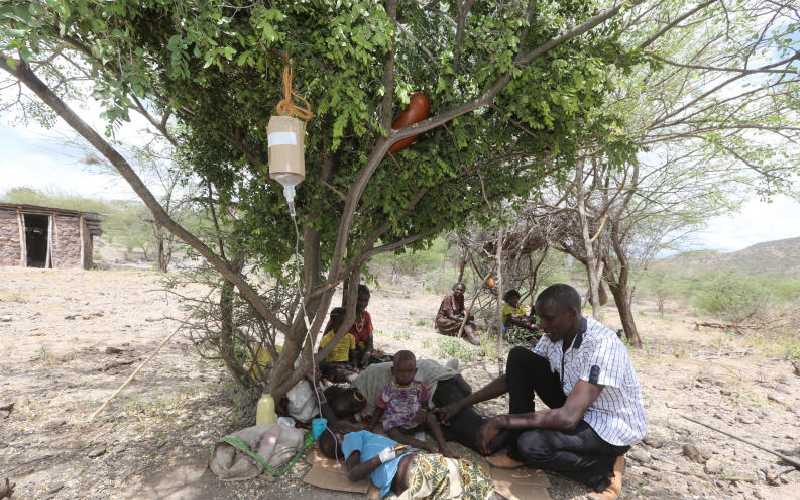×
The Standard e-Paper
Smart Minds Choose Us

A surge in malaria cases continues to ravage several villages of Tiaty in Baringo County.
The worst-hit villages include Riong’o, Silale, Nasorot, Akwichatis, Naudo, Chemukutan, Lokaukon, Paka, Narang’ule, Natan, Napeikore and Nasiwialet. The outbreak was reported a month ago.